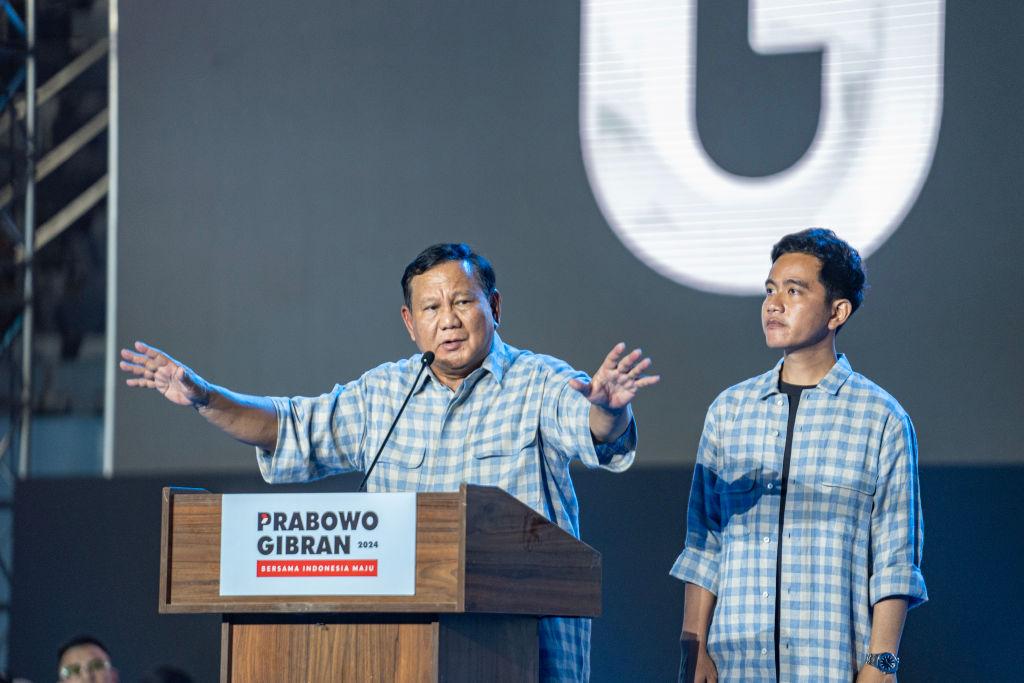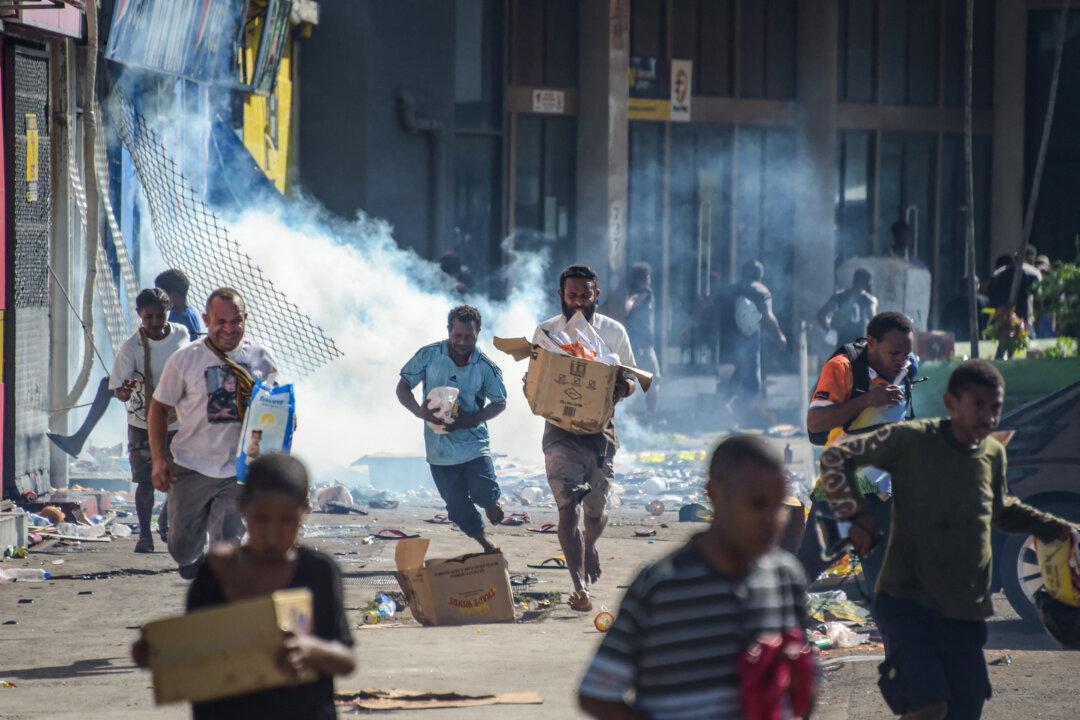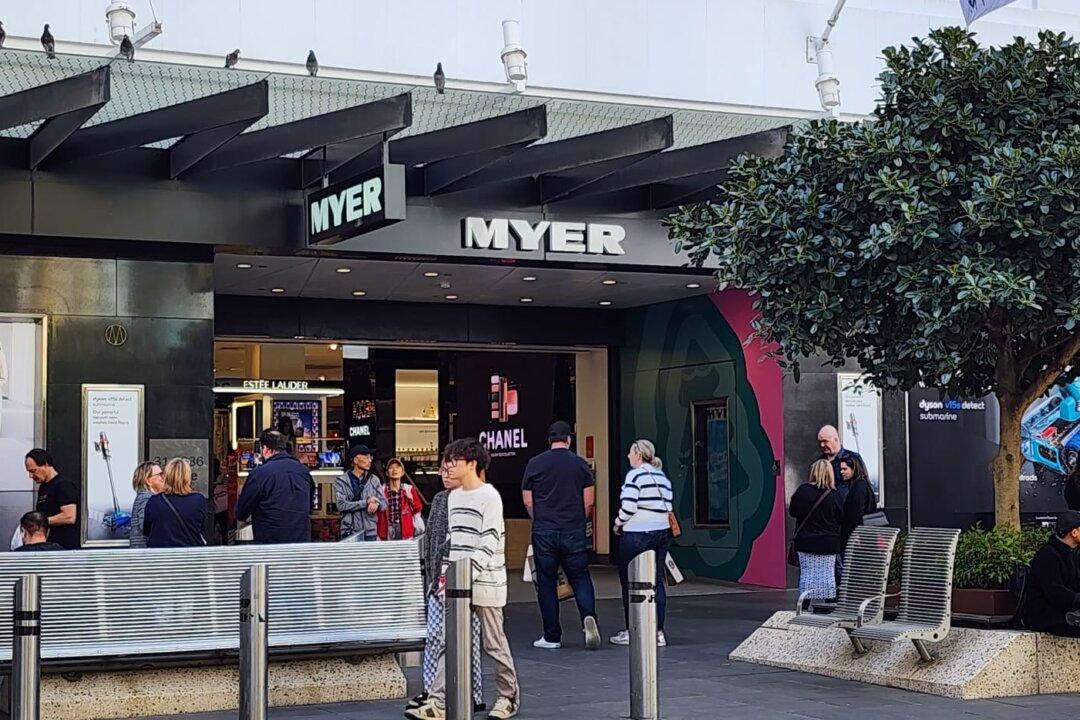Short-term rental providers like Airbnb in the state of Victoria could soon be subject to a consumer levy of up to 7.5 percent, part of a new proposal to be presented to the state cabinet next week.
Travellers to Victoria Could Be Forced to Pay 7.5 Percent ‘Tourism Tax’
The state opposition said this was the 50th new tax (or tax increase) since the Andrews government won power in 2014.

A woman browses the site of US home sharing giant Airbnb on a tablet in Berlin on April 28, 2016.
JOHN MACDOUGALL/AFP/Getty Images



